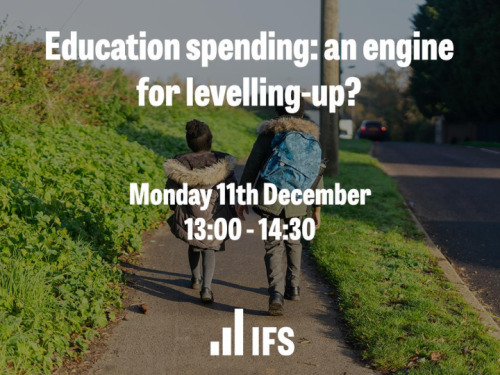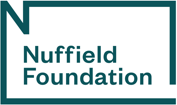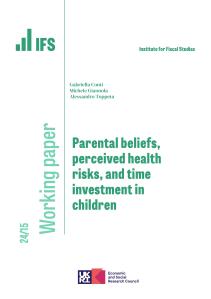The government has provided increases in education funding in recent years, which has started to reverse past spending cuts. This process has been slowed by the recent spike in inflation, which has driven up costs and placed significant pressure on providers’ budgets. At the recent Autumn Statement, the government signalled a further tight set of public spending plans after 2024, which suggests this pressure may continue well into the rest of the decade. The main exception is the early years, where the government has committed to a big expansion in entitlements and spending.
At the same time, the government has high ambitions for education to play a major role in ‘levelling-up’ poorer areas of the country. This will be made harder by tight spending plans, the pressures on families from the rising cost of living and inequalities exacerbated by the effects of the pandemic.
In this year’s IFS annual report on education spending, we have a special focus on geographic differences in spending across different stages of education, and the extent to which this is focused on children and young people from more disadvantaged backgrounds. This is in addition to our core analysis examining how education spending has evolved across different phases of education and how it is likely to evolve in the future.
At the event, IFS researchers will begin by setting out the main conclusions of this year’s annual report. Natalie Perera (Chief Executive, Education Policy Institute) and Les Walton CBE (Executive Chair, Association of Education Advisors) will then set out their own views on how education spending and resources can be best directed to narrow educational inequalities, as well as their own views on what reforms or changes should take place. The event will be chaired by Josh Hillman (Director of Education, Nuffield Foundation).
After the presentations, there will be plenty of time for questions.
















